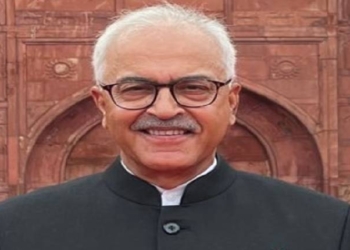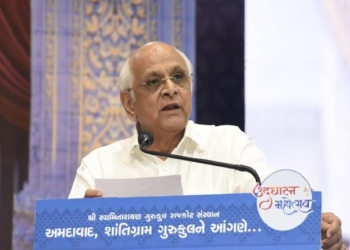New Delhi: The Supreme Court on Friday disposed of a PIL seeking guidelines for setting a page limit with regard to petitions or written submissions filed before judicial forums.
“How can we say in all matters that there should be a word limit or a page limit on written submissions? On the one hand, if there is a Constitution Bench hearing Article 370 petitions and then you have a Petition under the Consumer Protection Act, can we say that you should not have filed a written submission beyond 10 pages?” a bench, headed by CJI D.Y. Chandrachud, and comprising Justices J.B. Pardiwala and Manoj Misra, asked advocate Mohini Priya, appearing for the petitioner.
In response, the advocate suggested if the matter could be taken up on administrative side of the Supreme Court as it pertains to access to justice.
The CJI-led bench said that though the concern raised in the PIL is “laudable” but it is difficult to frame “one size fits all” direction of such nature.
However, itt directed that if the PIL litigant has any concrete suggestions, he will be at liberty to make a representation before the Secretary General of the Supreme Court. The plea referred to the practice in the Supreme Court of the US where rules provide word limits for the different kinds of petition briefs and replies.
At this, the bench said: “American Supreme Court jurisdiction is very different from ours. We are a court of appeal and a constitutional court.”
CJI Chandrachud said: “We have introduced nodal counsel who are tasked with preparing digital copies of the entire compilation. Additionally, we have decided against accepting written submissions after the commencement of the hearing (in Article 370 matter). We are progressing, but a one-size-fits-all approach won’t suffice.”
The public interest litigation said that lack of any specific rules defining the page limit of petitions filed before the court results in delay in justice delivery. It sought restrictions on the practice of annexing voluminous documents or judgements as annexures to petitions filed before the courts.
(IANS)














